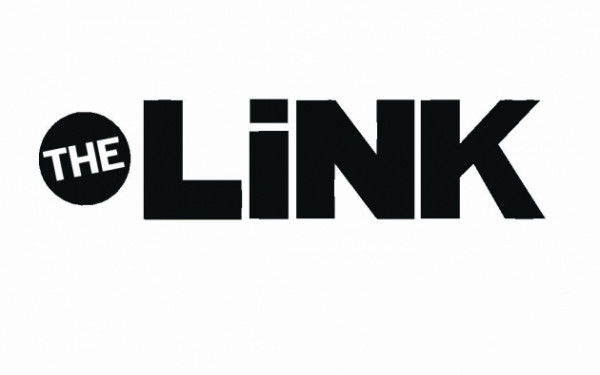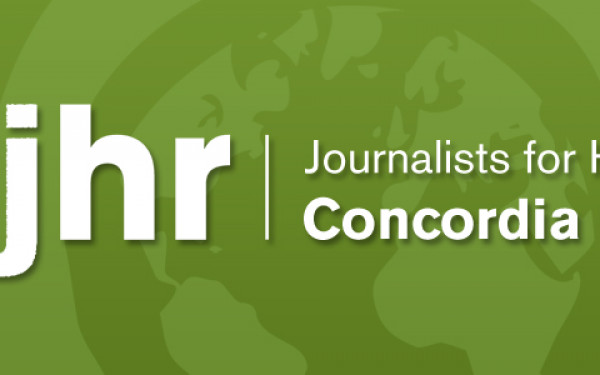Internet Access Is a Human Right
JHR Column
Using the Internet is not the same as riding a horse.
A recent New York Times op-ed piece by the so-called ‘Father of the Internet’ and President of the Institute of Electrical and Electronics Engineers Vinton G. Cerf compared the idea of universal Internet access as a human right to the right to own a horse. This is an argument that seems pretty flawed to me.
It’s not as ridiculous a comparison as it might sound at first. In many ways, horses can be seen as a technological advance not unlike the Internet—horses represent a mode of transportation effective in getting things from point A to point B, and where the steam engine was an iron horse, the Internet can be seen as a digital horse.
But while these four-legged ungulate mammals enabled people to work, connect ideas and change the way societies functioned, the argument falls apart in other areas.
Horses, while important, did not revolutionize communication to the extent that they changed “virtually every aspect of modern human life,” which is how the Internet was described by a United Nations report that called access to it a human right.
The report, which was released in June and was the target of Cerf’s editorial, describes the web as a tool that enables individuals to exercise their right to freedom of opinion and expression.
Naming the Internet a human or civil right, Cerf wrote, “distracts from a much bigger issue: the responsibility of technology creators themselves to support human and civil rights.”
It’s a strange position for him to take, given that Cerf is fighting a battle for Internet access in Congress.
Along with 82 other Internet pioneers, he has signed a letter to congress in protest of the American Stop Online Piracy Act that, among other potentially content-crippling tenets, would make streaming copyrighted content illegal.
But it seems the proof is in the revolutionary pudding.
Everyone knows about the role of technology in the Arab Spring, without the Internet, it never would have happened.
Cerf argued that “technology is an enabler of rights, not a right itself,” but when the enabler becomes by far the most efficient and effective way of exercising that right, doesn’t it become a right itself?
France, Spain and Finland have declared Internet access a basic human right, and the rest of the world needs to follow suit. The Internet provides groundbreaking connections that have the power to bring oppressive regimes to their knees. That type of oppression doesn’t just exist in places that have wi-fi hotspots.
The UN report states that 71.6 out of 100 people in developed states are Internet users, and that number drops significantly—to 21.1 out of 100—in developing states.
If cutting Internet access can effectively quash widespread communication, the world needs to protect access to it.
Egypt attempted it last January, cutting access to cell phone service and Internet, causing 90 per cent of the country’s data traffic to fall off the grid. It was an attempt to cripple protests and, fundamentally, the freedom to peacefully dissent.
If access became a right, the Internet would act as a vehicle for dissent but also a catalyst for change. When extended to remote places, the Internet can enable those in need of aid to share their stories, to save lives. This was the case in Turkey last October when an earthquake buried two teens whose tweets lead to their rescue.
Education is another reason to equip the world with wi-fi. Learning can be facilitated much more effectively when the teacher is available to hundreds of students instead of only a few. Standardized education becomes a possibility leading to the global change that activists have been calling for.
If we don’t see Internet access as a human right, we are seriously jeopardizing freedom of expression for future generations to whom the Internet may be the only outlet.


_600_832_s.png)


